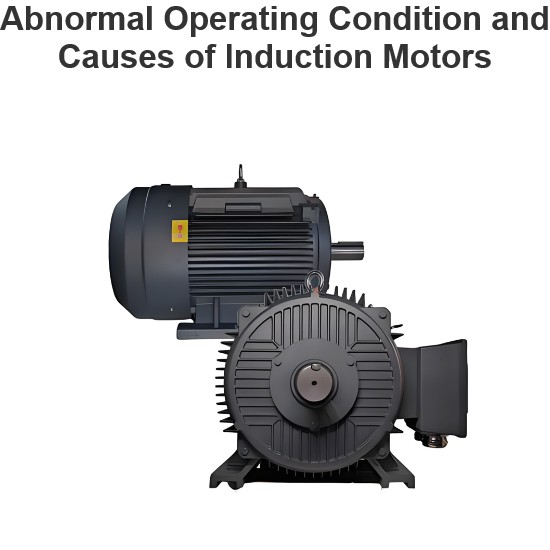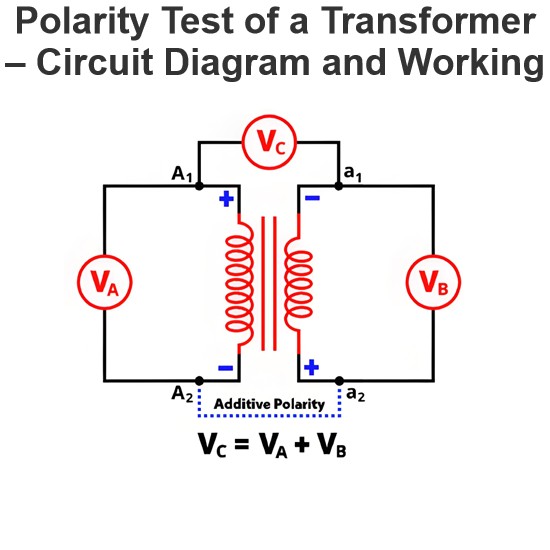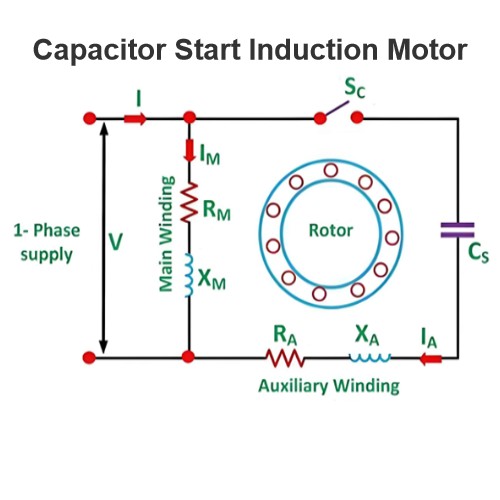Servo Motor Applications
Servo Motor Definition
A servo motor is defined as a motor that operates on the principle of a servomechanism, crucial for precise position control.
Robotics Applications
One of the most popular applications of servo motors is in robotics. For example, a pick and place robot uses servo motors to pick an object from one position and place it in another. This precise movement is essential for the robot’s functionality.
Now, in order to pick an object from position A and place it in position B the motors which are used to actuate the joints are servo motors. This is because; we have to plan the angular movement of each and every joint to complete this task of pick and place.
Once this data is fed to the robot controller, the robot will continuously do its job. The controller will send PWM data to the individual motors of the robot. This gives precise angular control of the arm which is not possible with a regular DC motor. The application of servomotors in robotics can be experienced on a small scale in electronics projects. The best Arduino starter kits will include a small servo motor for experimentation.
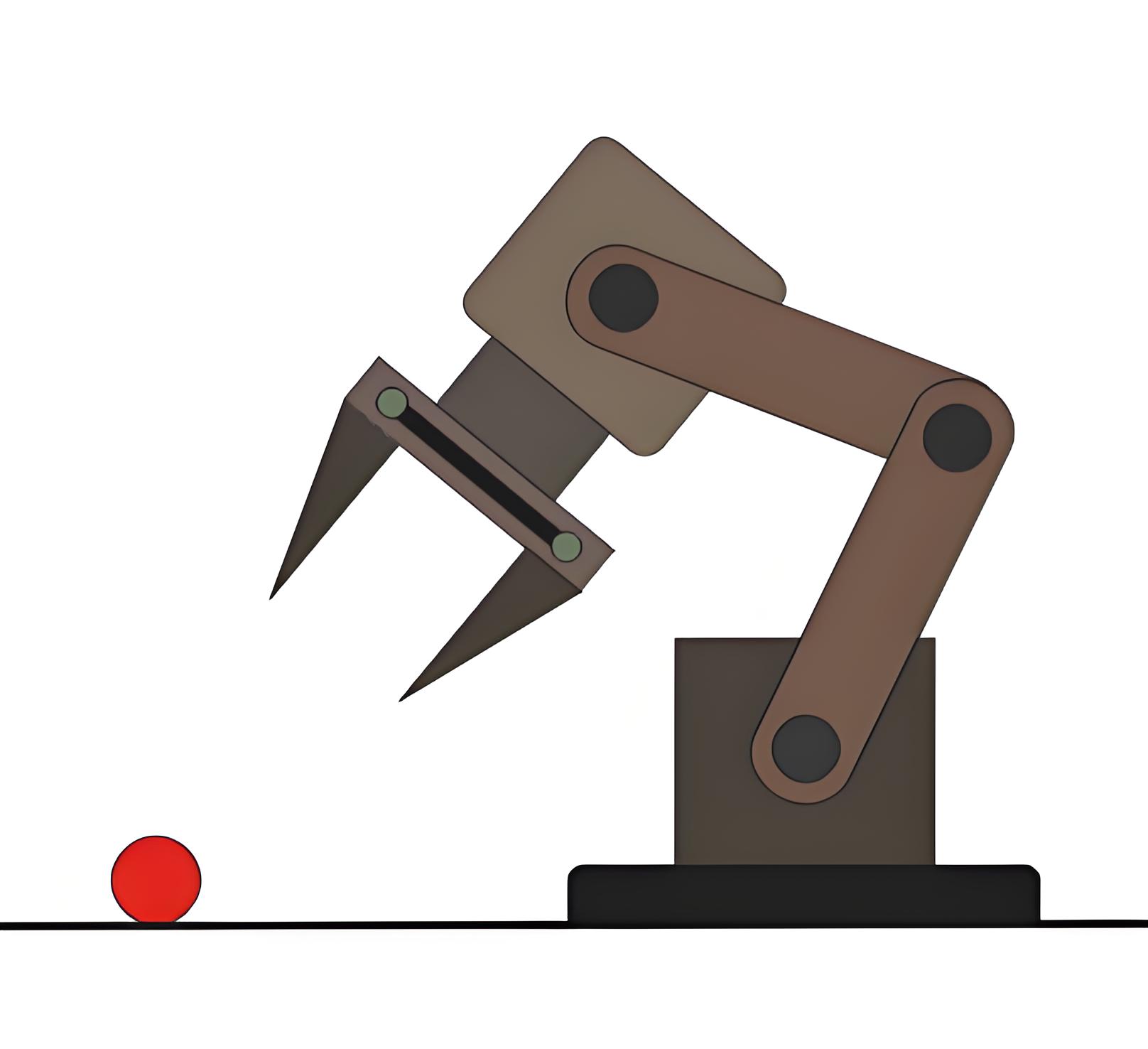
Servo Motor in Conveyors
Conveyors are used in industrial manufacturing to move objects from one assembly station to another. For example, in a bottle filling process, bottles need to be precisely moved to the filling station and then to the packaging stage. Servo motors ensure accurate positioning for these tasks.
So in order to achieve this conveyor belts are used with servo motors so that the bottle moves precisely to the desired location and stops so that the liquid can be poured into it and then it is guided to the next stage. This process continues until stopped. Hence the precise position control ability of the servo shaft comes in handy.
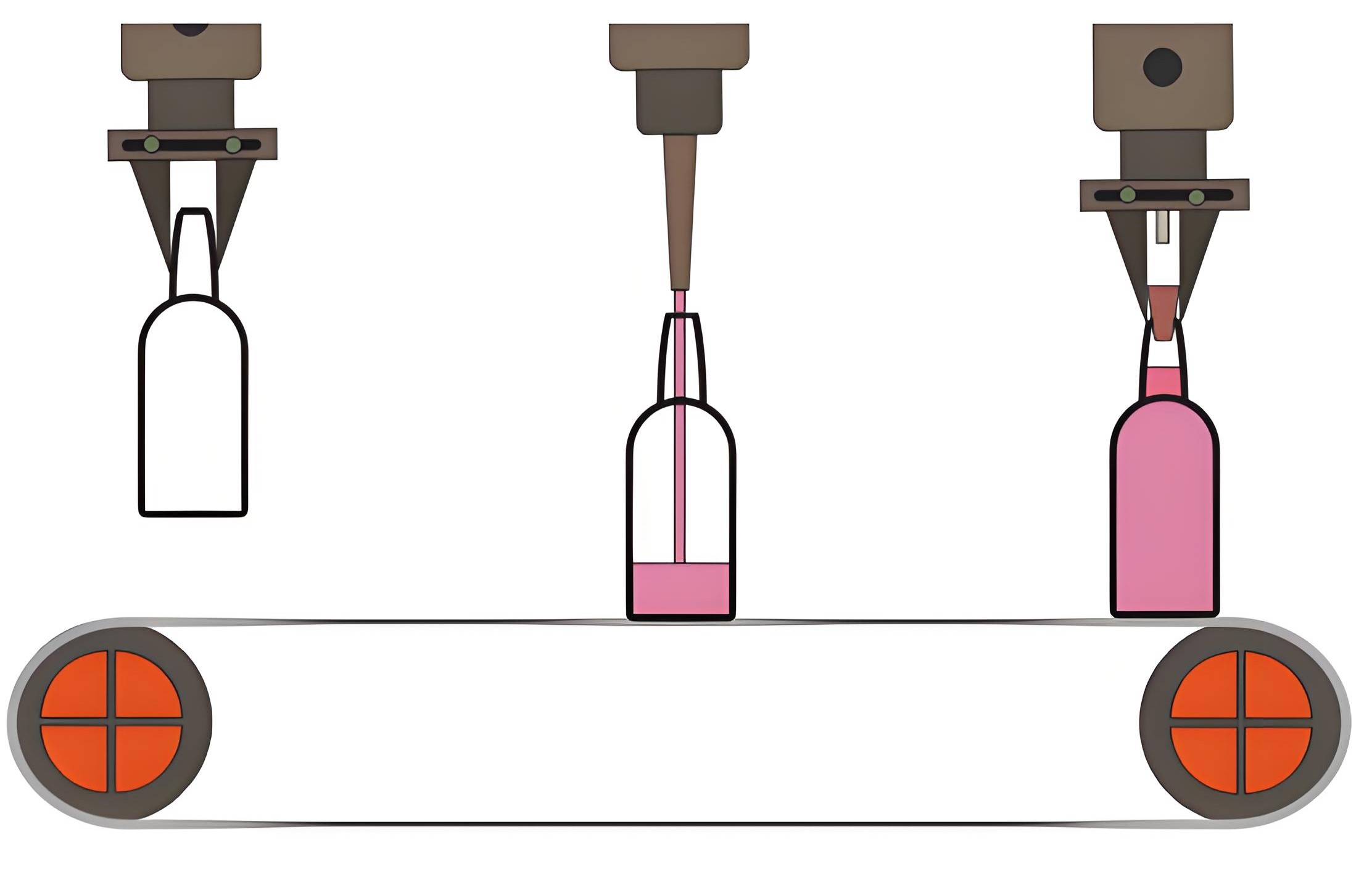
Camera Auto Focus
Modern digital cameras use servo motors to adjust lenses for sharp focus, ensuring clear images.

Servo Motor in Robotic Vehicles
Robotic vehicles used in complex military and industrial applications rely on servo motors for their wheels. These vehicles use continuous rotation servos, which provide the necessary torque for quick starts and stops. The servos also control the vehicle’s speed, making them crucial for these demanding tasks.
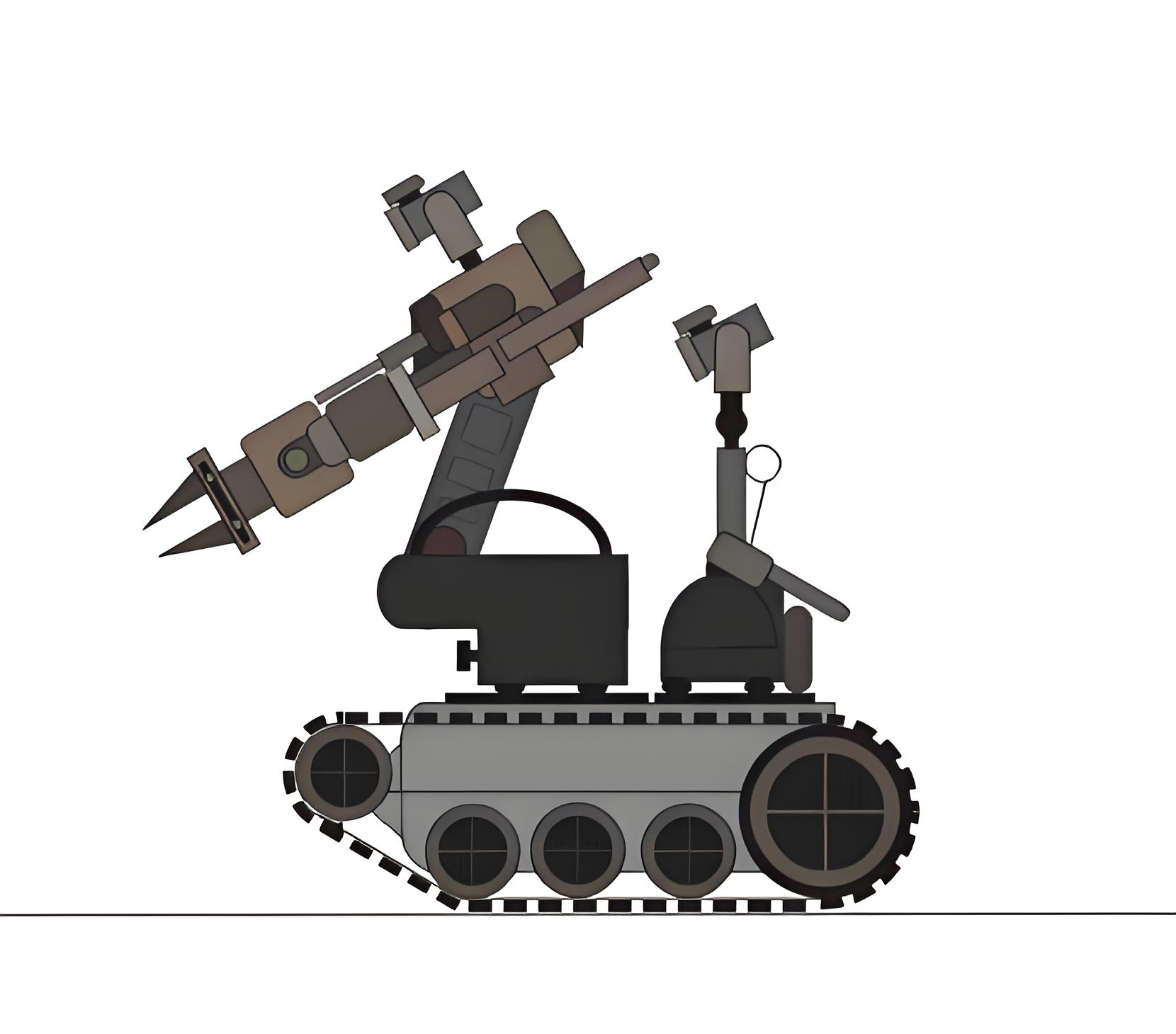
Servo Motor in Solar Tracking Systems
Solar power generation and usage is gaining importance as people move towards clean and renewable energy regime. Earlier, Solar panels that were installed were static and remained in one position for the entire duration of the day. General Science dictates that the Sun is not always facing in one direction and that its position relative to the Solar panel will change. This implies that we are not fully utilizing the power of the sun to extract maximum energy out of it.
But, if we attach servo motors to the solar panel s in such a way that we are able to precisely control its angle of movement so that it closely follows the Sun, then the overall efficiency of the system vastly increases.
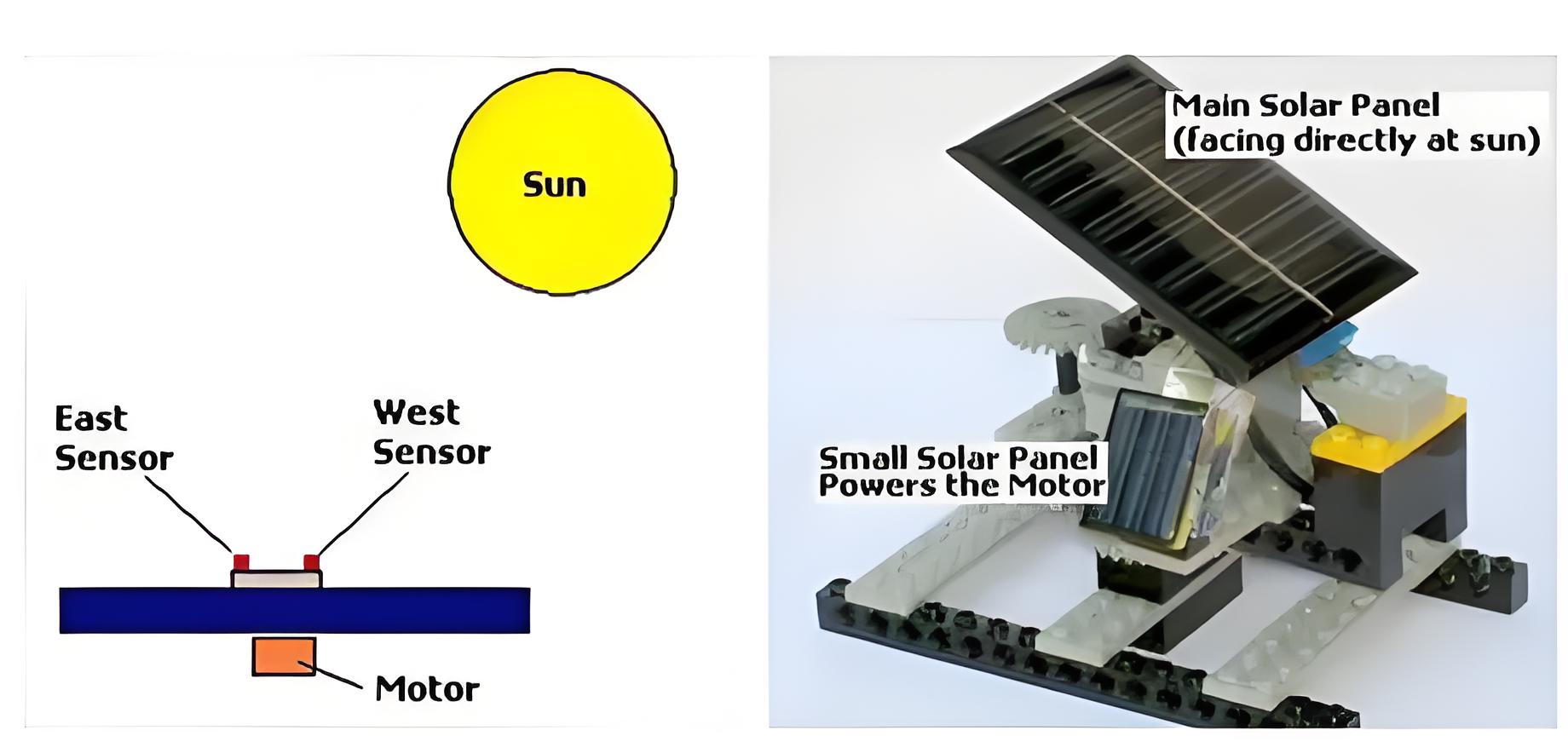
The Electricity Encyclopedia is dedicated to accelerating the dissemination and application of electricity knowledge and adding impetus to the development and innovation of the electricity industry.
